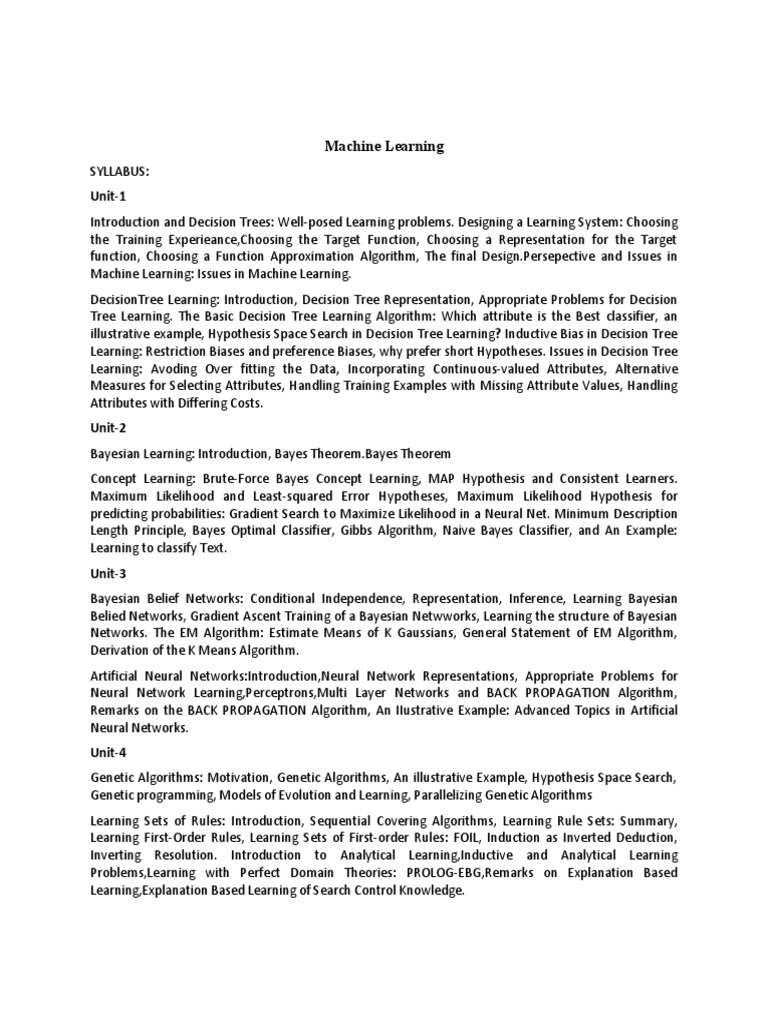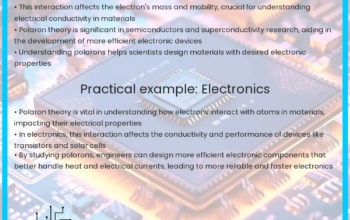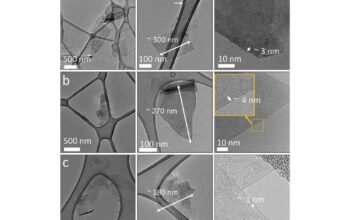Embarking on the journey to secure a position in a top Machine Learning (ML) PhD program requires meticulous planning, a robust academic foundation, and an unwavering passion for research. The landscape is highly competitive, necessitating applicants to be not only proficient in technical skills but also adept in showcasing their unique strengths and motivations. This article delves into the critical components that contribute to a successful application and the different types of content that aspiring candidates can expect to encounter throughout this endeavor.
The initial step in this arduous yet rewarding voyage involves fortifying one’s academic credentials. Top-tier programs typically demand a solid understanding of mathematical principles underpinning ML, such as linear algebra, calculus, and statistics. A background in computer science or a related discipline is advantageous, as it equips candidates with essential programming skills. Courses focusing on algorithms, data structures, and computational theory form the bedrock upon which a candidate’s technical acumen is built.
However, mere coursework is insufficient to distinguish oneself in an applicant pool replete with qualified candidates. Engaging in research during undergraduate or master’s studies greatly enhances one’s profile. Candidates should seek opportunities to contribute to innovative projects, ideally in collaboration with esteemed faculty or within research labs. Such experiences not only culminate in practical knowledge but also provide prospects for publication and presentations at conferences, which are invaluable accolades when pursuing a PhD.
Additionally, cultivating relationships with mentors plays a pivotal role in the application process. Effective networking with faculty or industry professionals can lead to strong letters of recommendation—one of the decisive elements of any successful PhD application. These letters should articulate the candidate’s research potential, intellectual curiosity, and contribution to the respective field. Candidates are encouraged to approach well-known researchers whose work aligns with their interests, as their endorsements can significantly bolster an application.
In conjunction with academic qualifications and recommendations, candidates must also thoughtfully articulate their research interests. A well-crafted statement of purpose is essential for conveying motivation, scholarly aspirations, and alignment with the program’s objectives. This document should delineate specific areas of ML that intrigue the candidate, demonstrate an understanding of the current challenges facing the field, and outline how the program’s faculty and resources can facilitate personal and professional growth. A compelling narrative can captivate admissions committees, fostering a sense of connection to the applicant’s academic journey.
Moreover, participation in extracurricular activities can further enhance a candidate’s profile. Engaging in hackathons, online competitions, or collaborative coding initiatives showcases practical problem-solving skills and a proactive approach to complex challenges. Such experiences not only augment technical proficiency but also cultivate teamwork and communication abilities, traits that are immensely valued in research environments.
As candidates prepare for the application process, they should also familiarize themselves with the intricacies of standardized testing, if required by the program. The GRE, for instance, may still hold relevance in certain institutions, thus necessitating preparation to achieve competitive scores. Candidates should also be vigilant about the specifics of each program’s admissions criteria, as requirements can vary significantly across institutions.
Lastly, one cannot neglect the importance of a polished resume or curriculum vitae (CV). This document should meticulously list academic qualifications, research experiences, publications, and relevant skills, providing a comprehensive overview of the candidate’s academic and professional journey. The clarity of presentation and conciseness are critical in ensuring that the document instantly emphasizes the candidate’s qualifications.
In summary, applicants seeking entry into elite ML PhD programs must focus on several key areas: establishing a strong academic foundation, garnering relevant research experiences, securing impactful recommendations, articulating a well-defined statement of purpose, actively participating in supplementary activities, preparing for standardized tests, and presenting a polished CV. Each aspect contributes to assembling a compelling application that stands out amidst a sea of talented candidates.
Transitioning beyond application logistics, candidates should also consider the nuances of the interview process. Once shortlisted, candidates may encounter several rounds of interviews, during which they will have the opportunity to dialogue with faculty members about their research interests and previous experiences. Success in this stage demands not only a thorough knowledge of one’s own work but also an understanding of the faculty’s contributions to the field of ML. Engaging in meaningful discussions can leave lasting impressions and reinforce the candidate’s suitability for the program.
Additionally, a well-rounded understanding of contemporary ML trends and ethical considerations surrounding artificial intelligence can set candidates apart during interviews. Demonstrating awareness of the societal implications of technological advancements illustrates a candidate’s holistic perspective on the subject, which is increasingly relevant in today’s academic discourse.
Ultimately, entering a top ML PhD program encompasses more than academic excellence; it is a multifaceted endeavor that composes the narrative of each candidate’s unique journey. By adeptly weaving together academic prowess, research experiences, personalized narratives, and interpersonal skills, prospective students can enhance their chances of acceptance into the prestigious realm of machine learning research. Thus, it is imperative to approach each phase of the application process with diligence, authenticity, and a profound enthusiasm for the field.












